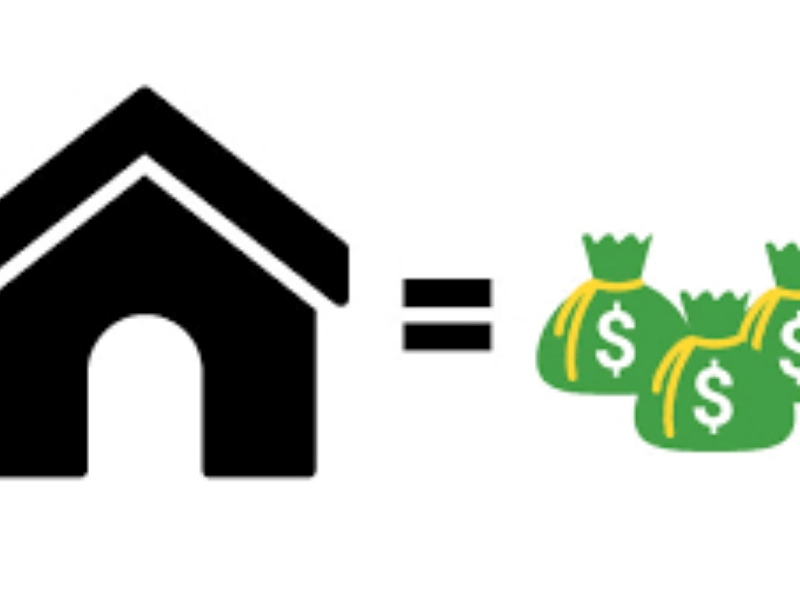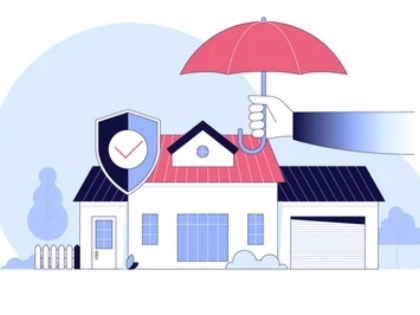Down Payments' Significance in Auto Loans
A down payment is often required for auto loans, especially for applicants with less-than-perfect credit. A down payment lowers the amount you must finance and, by reducing your monthly loan payment, can result in long-term financial savings. Lenders are also less likely to give more favorable terms, such as lower interest rates, when cash is paid up front. Continue reading to learn more about how down payments affect auto loans.
Reduced Monthly Instalments

Lower Danger for Creditors
 Making a sizable down payment lets lenders know you are less risky to lend money to. This can enable you to obtain financing despite having a low credit score. Because cars lose value so quickly, a down payment also helps you avoid borrowing more money than your car is worth within a year or two.
The amount of interest you pay will also depend on the quantity of your down payment. For loans with smaller down deposits, lenders typically offer lower rates.
When looking for a new car, make every effort to save as much money as you can for the down payment. As a result, you will need to finance less, which could result in a lower monthly payment and less interest paid overall over the course of the loan.
Making a sizable down payment lets lenders know you are less risky to lend money to. This can enable you to obtain financing despite having a low credit score. Because cars lose value so quickly, a down payment also helps you avoid borrowing more money than your car is worth within a year or two.
The amount of interest you pay will also depend on the quantity of your down payment. For loans with smaller down deposits, lenders typically offer lower rates.
When looking for a new car, make every effort to save as much money as you can for the down payment. As a result, you will need to finance less, which could result in a lower monthly payment and less interest paid overall over the course of the loan.
Increases your car's equity
 A down payment lowers the amount that is being financed when you purchase an automobile. Additionally, it raises your equity in the car, which could come in handy if it gets totaled. If your car is totaled, the majority of insurance providers will only pay you the fair market value—not the amount you still owe on the loan.
To demonstrate your seriousness about buying a new or used car, lenders prefer to see a higher down payment. They might be willing to provide you with a lower interest rate than they would have otherwise, since it also helps to lessen the chance of a default.
Try experimenting with different down payments using an auto loan calculator to see how they impact your monthly payments, interest rates, and total cost of ownership. Over the course of the loan, you can save money on interest and accelerate the growth of your equity by making larger down payments.
A down payment lowers the amount that is being financed when you purchase an automobile. Additionally, it raises your equity in the car, which could come in handy if it gets totaled. If your car is totaled, the majority of insurance providers will only pay you the fair market value—not the amount you still owe on the loan.
To demonstrate your seriousness about buying a new or used car, lenders prefer to see a higher down payment. They might be willing to provide you with a lower interest rate than they would have otherwise, since it also helps to lessen the chance of a default.
Try experimenting with different down payments using an auto loan calculator to see how they impact your monthly payments, interest rates, and total cost of ownership. Over the course of the loan, you can save money on interest and accelerate the growth of your equity by making larger down payments.
Reduced Interest Rates
 If you have a down payment, lenders will probably give you a cheaper interest rate on an auto loan. This is due to the fact that a smaller loan amount will mean less risk for the lender.
A down payment will also shorten the length of time you have to pay back your loan. You consequently save money on the overall cost of your loan.
Although it could be alluring, skipping the down payment can have long-term consequences. Finance companies charge higher interest rates, which can dramatically raise your monthly payments, to offset the additional risk of lending to buyers without a down payment.
Always compare the prices of vehicle loans with those of other lenders. Low rates are offered by many lenders, including banks and credit unions. You should also think about working directly with a lender or using a dealer for financing. Remember to include fees and the Federal Reserve's benchmark rate in your rate comparison.
If you have a down payment, lenders will probably give you a cheaper interest rate on an auto loan. This is due to the fact that a smaller loan amount will mean less risk for the lender.
A down payment will also shorten the length of time you have to pay back your loan. You consequently save money on the overall cost of your loan.
Although it could be alluring, skipping the down payment can have long-term consequences. Finance companies charge higher interest rates, which can dramatically raise your monthly payments, to offset the additional risk of lending to buyers without a down payment.
Always compare the prices of vehicle loans with those of other lenders. Low rates are offered by many lenders, including banks and credit unions. You should also think about working directly with a lender or using a dealer for financing. Remember to include fees and the Federal Reserve's benchmark rate in your rate comparison.








